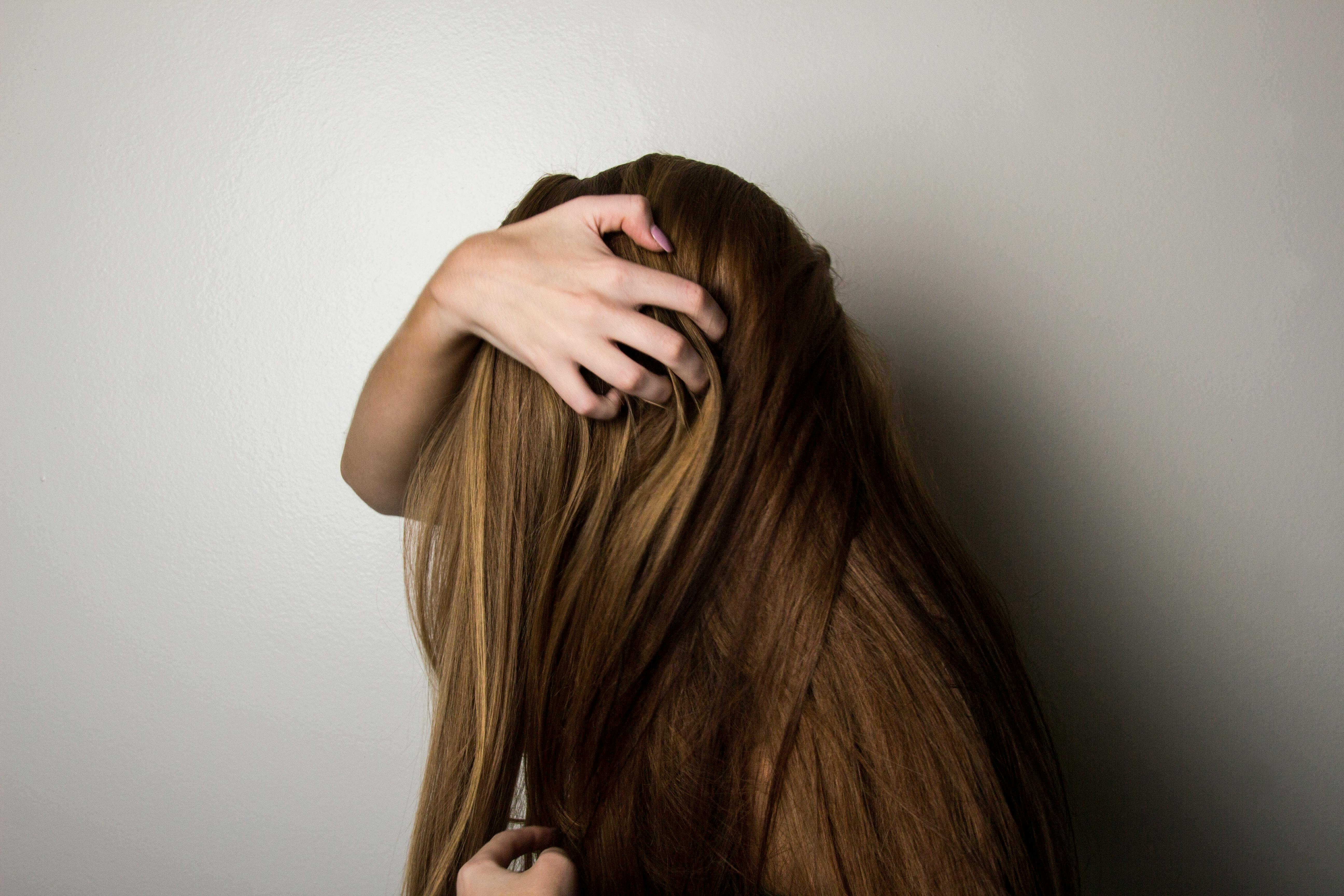When your scalp starts to itch, you might be wondering why. It’s not necessarily a bad thing. Your scalp is home to natural oils that keep the rest of your hair nice and smooth. It’s also where dandruff shampoo comes from. The problem is, if left untreated, dandruff can cause itchy scalp symptoms for a very long time — which is why this article covers exactly how long a dandruff shampoo takes to work on your hair and scalp.
So, what exactly is dandruff?
Dandruff is an extremely prevalent scalp ailment that can lead to dry skin and an itchy scalp. Many people at many stages of life are susceptible to it.
Perhaps you already know what it’s like to deal with dandruff and how annoying and socially awkward it can be. Half of all people will have some degree of dandruff at some point in their lives. Dandruff is a minor form of seborrheic dermatitis. While the illness isn’t life-threatening, doctors may have difficulties in providing timely and efficient care. Put it in your memory! Dandruff can affect anyone at any time, however it is more common in males than in women.
Dandruff shampoo has been around as long as dandruff has, and while its use has largely declined in modern times, it’s still worth learning the facts about its effectiveness. Have you ever wondered what makes a dandruff shampoo work? Or why some shampoos take hours or even days to work? Read on for answers!
Shampoos are made to dissolve hair so it can be easily washed away. But for some people, dandruff shampooing is a weekly ritual. For others, it’s a once-in-a-while thing. You may even have dandruff shampooed yourself in the past, but now you want to give your shampoo a try. The good news is that dandruff shampooing has become much less of an issue in modern times — at least when it comes to long-lasting effectiveness. In this article, we take a look at what makes a perfect dandruff shampoo and how long does dandruff shampoo take to work?
How Long Does Dandruff Shampoo Take To Work?
When it comes to the length of time that a dandruff shampoo will work, there are a few factors that you’ll want to take into consideration. While it’s important to use a dandruff shampoo when dandruff is present, it’s also important to remember that a product alone can’t rid your hair of dandruff. You’ll also want to make sure that you cleanse and condition your scalp properly before and after using a dandruff shampoo, which we’ll discuss below.
How to effectively use a dandruff shampoo
There are many different types of shampoos on the market, so it can be hard to know which one to use. When it comes to effective dandruff shampooing, we recommend using the same shampoo you use for your daily cleanse. While you’ll likely notice a difference using a different shampoo, the benefits of using the same shampoo will more than outweigh the small difference in results. If you’re unsure which shampoo to use, consider the following: if you have fine hair, go with a stronger shampoo; if you have coarse hair, use a milder shampoo; if you have Dandruff, we recommend using a mild product.
The best ways to combat dandruff
Although a shampoo is a good start, it’s also important to consider ways to combat dandruff. One way to do this is by maintaining a healthy diet. A diet high in protein, veggies, and healthy fats can help to strengthen your hair’s natural defenses against dandruff. You can also try using a deep conditioner and a deep-pile conditioner after shampooing to help strengthen your hair further. To prevent dandruff, try to keep your scalp hydrated by using a strong conditioner when conditioning your hair. Also, if your scalp gets oily, make sure to use an oil-free, water-based conditioner.

Image Source: Pexels
The few dandruff shampooing tips you need to know
While a dandruff shampoo should be your first choice when it comes to controlling dandruff, there are a few things you’ll want to keep in mind when using a dandruff shampoo. Here are some dandruff shampooing tips that we recommend:
Don’t Over Wash:
While a weekly wash is often recommended for healthy scalps, we recommend washing your scalp less frequently. It’s recommended that you wash your scalp 1-2 times a week, but you can reduce this to as little as once a month if you’d like.
Use a Mild Shampoo:
While a powerful shampoo is ideal for removing excess oils, dirt, and scalp Grime, a mild shampoo is great for everyday use. Although it’s important to cleanse and condition your scalp properly before and after using a dandruff shampoo, a mild shampoo is non-greasy and doesn’t contain harsh chemicals.
Use a Scalp Shampoo:
While a scalp shampoo is often recommended for dandruff, a scalp treatment is also a good idea. A scalp treatment should be used twice a week and includes washing your scalp with a mild shampoo, applying a scalp massage oil, and applying a scalp treatment rinse.
Use a Dandruff-Treating Cream:
While a dandruff-treating cream is often recommended for people who suffer from eczema, allergies, or other skin conditions that cause flaky scalp conditions, a dandruff-treating cream is actually harmful to your scalp. The correct application of a dandruff-treating cream follows the same steps as a dandruff shampoo — wash your scalp, apply a dandruff-treating cream, and rinse.
Conclusion
Dandruff shampooing is a good idea if you have oily or combination hair. Also, oily and sticky scalps tend to attract more flakes. It’s also a good idea to use a dandruff shampoo if you have sensitive skin and have developed a allergy to dandruff products. Don’t forget to cleanse and condition your scalp properly before and after using shampoo.




